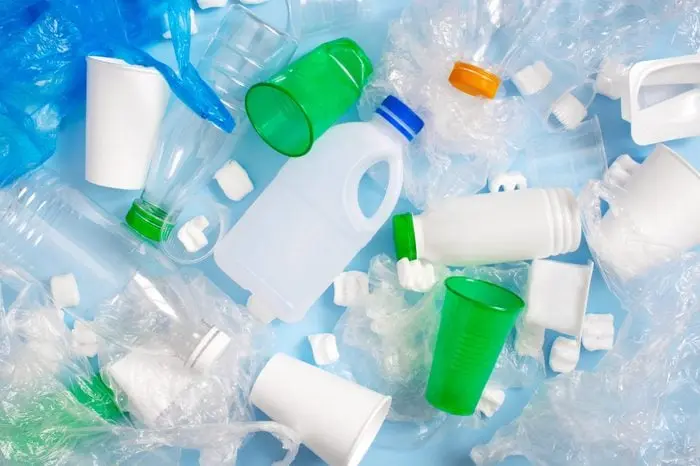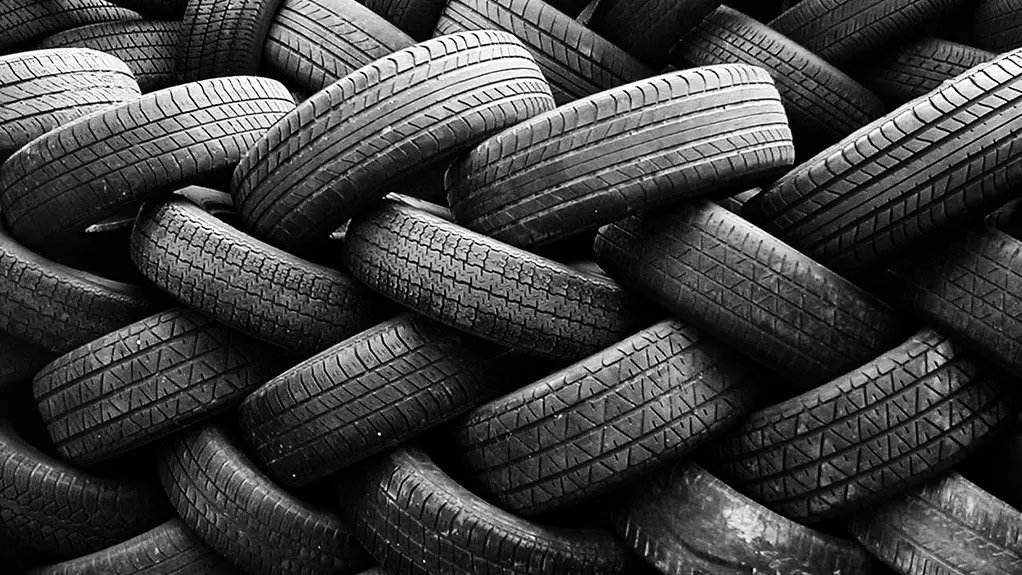Services

EPR For Plastic Waste Management
EPR for Plastic Waste Management is the mandatory registration for PIBOs with the Central and State Pollution Control Boards as per the scope of their operations. This ensures the fulfillment of EPR obligations and management of plastic waste happens in compliance with the guidelines of CPCB

EPR for Waste Tyres
The EPR are obligations placed on tire manufacturers to ensure environmentally sound management of waste tires in order to safeguard the environment and public health from any harmful effects that the waste tires may have.

EPR For Battery Waste Management
The EPR for battery waste management defines the functionalities of the EPR, wherein the producers, including importers of batteries, are held responsible for recycling, refurbishing, and collection of waste batteries.

EPR for Plastic Packaging
The government implements the EPR regime under the plastic waste management rules to promote sustainable practices in the plastic industry and reduce the amount of plastic trash that pollutes the environment. It had established fundamental standards for the plastics business, including appropriate processing through recycling, and re-user end-of-life disposals, such as co-processing, Waste-to-Energy, Plastic-to-Oil, roadmaking, and industrial composting. In order to help manufacturers increase the sustainability of their operations, minimize waste, and advance a circular economy, it has also accepted responsibility for the whole lifecycle of its products. This has the effect of advancing sustainable business practices.
EPR for Tire Waste
Under the Extended Producer Responsibility (EPR), manufacturers are mandated to handle the entire lifecycle of tires, which includes production and disposal. This program enhances a sustainable method of tire waste management through promoting recycling and reuse of used tires so as to minimize land pollution with waste materials while combating environmental damages.


EPR for Oil waste
With respect to oil waste producers have to account for the recycling as well as elimination of spent oil in accordance with Extended Producer Responsibility (EPR). Hence in reducing ecological dangers, declining soil and groundwater pollution plus encouraging sustainability agencies must use this strategy responsibly from production until disposing it off.
EPR For E-Waste Management
To get this situation under control, the government of India has been taking initiatives from time to time, and EPR for E-waste Management is one among them. EPR, which stands for Extended Producer Responsibility, is an environmental policy approach that seeks people to realize the responsibility of collecting, storing, treating, or disposing of the electronic waste they generate.


EPR ADVISORY
- Registration under PWM Rules, 2016 and amendments, there after
- EPR Liability Calculation
- Guidance on replying to notices related to PWM
- Waste Assessment Study
- Annual return filing
- Consultation on compliance requirement related to thickness
of plastic packaging and marking labelling - Conducting Trainings on PWM Rule
End to End Process Cycle for EPR Execution and Compliance fulfilment
1
EPR registration through On-line Centralized Portal developed by CPCB
2
Approveal from CPCB/SPCB / PCC
3
Compliance Fulfillment by engaging with PWP
4
Online Credits to Wallet - Credits Acquisition & Credits Transfer
4
Uploading of Purchase and Sales Data and renewal
4
Annual Return Filing
Partners in sustainability
Use this section to boost your company's credibility.











